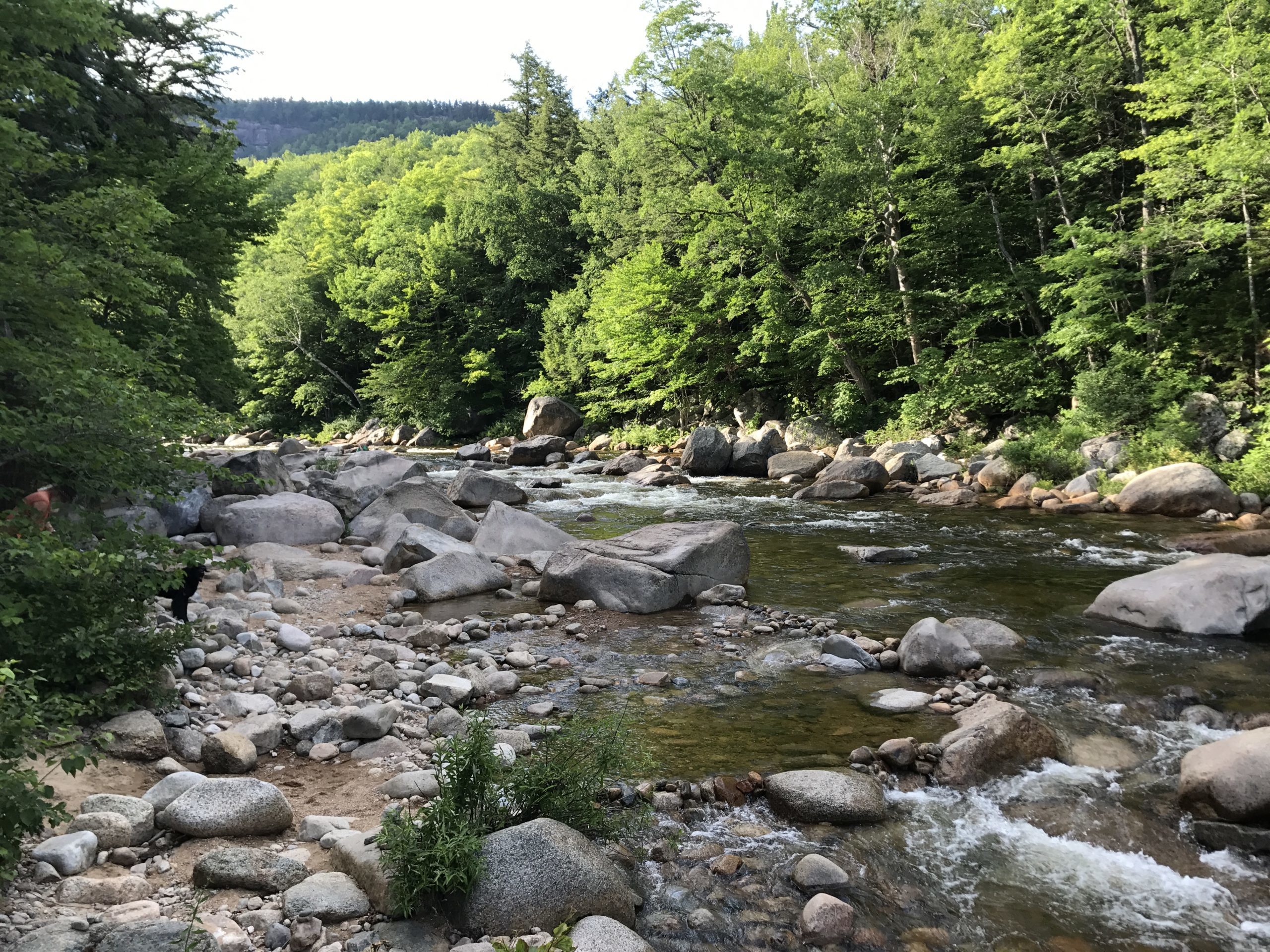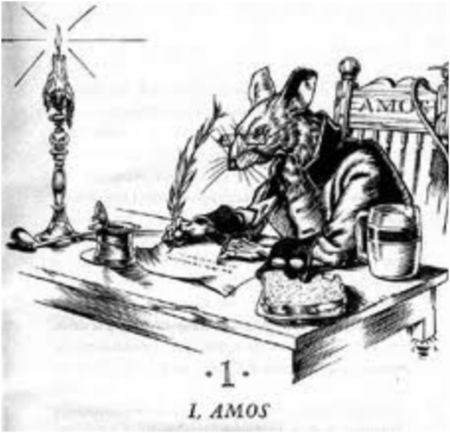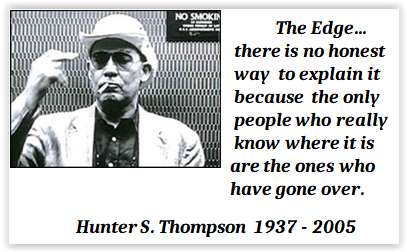Just before Christmas 2023, I embarked on a sojourn that I thought, at the time, would only last a couple of weeks. Ten months later, I am barely beginning to find my way down the last stretch of road toward home. The blame for why I even considered the idea can be placed squarely on the shoulders of my longtime friend and writing mentor, Vassar Bushmills; we talk on the phone every week for every bit of 2 hours and have been doing so for years now, and it’s his fault that I could not stop thinking about Thomas Paine and that period in American history when Paine published Common Sense.
I admitted to Vassar that, in high school, I couldn’t have cared less about any of that stuff. I skipped the class on Thomas Paine and blew off the essay I was supposed to write about the Founding Fathers. After a judicious amount of scolding, I read the whole of Common Sense and everything he wrote after that and then researched the story of his life from birth until he reached the American Shores around 1774. I was 65 by the time I finished, and if I could have kicked myself in my backside for having spent a lifetime not knowing then what I know now, I surely would have.
That research inspired me to write a 4-part series (“Betraying A Nation”), thinking I might finally be able to get Paine out of my head. I was wrong. It is like when you finally buy that car you have been thinking about buying for years, only to see it everywhere you look after you buy it. Once I was done studying him, everything Thomas Paine had said throughout his life and his writings started showing up everywhere I looked.
By the 4th of July 2024, after several lengthy essays on the books after the Paine series, as if struck by lightning, I realized I wasn’t almost finished but had only just gotten started. As this entry goes live, I have published – on Amazon – what is effectively Paine’s Common Sense, from my perspective and modernized to address modern American and Global problems. Titled “Human Sense” and understanding him as well as I have come to understand him, I’m as sure as I can be that, were he alive today, it’s what he would have written.
I took the picture used for this piece’s featured image many years ago while on a three-day vacation in Bar Harbor, Maine. While I was putting this together, I thought about that moment all these years later, seeing a beam of sunlight shining down on a rarely traveled pathway in the woods of a place not many people have traveled. What I’m reminded of now, metaphorically at least, is that a young American Nation once journeyed on a rarely traveled path, and, in her earliest days, she cleared some of it away for her people to follow that would lead them to great prosperity, unlike any other nation that would come after her.
Paine is well enough remembered in history because of that first pamphlet. Still, it takes a little digging to find out that, like most of us on this planet, he was a nobody from nowhere, not extensively educated yet acutely aware firsthand of Life under the iron-fisted rule of a King. He lived it.
Enticed by the idea of America and all that he had read in the British papers about those “rebellious upstart Colonies giving fits to the King and Parliament,” he eventually put together enough money to make the voyage across the pond and see for himself what was going on.
Not long after he arrived, the battles at Lexington and Concord happened, and Paine could not let it go. He put pen to paper, sharing his thoughts with the rest of the nobodies from nowhere living in America, and we all know what happened after that.
With my release of Human Sense, not expecting that any one person can change the world alone, I hope to provide at least—as Paine did two and a half centuries ago—some food for thought on the issue of which direction Humanity wants to take itself, keeping in mind that the generations to come will bear the burden of that decision far more than any of us living today.



 /a>
/a>




 Descended from a long line of Appalachians, on the McCoy side of the feud, David was raised in a God-centric and American pride-influenced home in which kindness, human decency, humility, grace, self-respect, and good manners were expected and enforced. Blinded by three strokes and no longer able to read or write, David developed methods to compensate for these challenges in order to continue communicating; while acknowledging that there is more life in his rear-view mirror than whatever lies ahead through the front windshield, he insists this doesn't mean he has nothing left to say.
Descended from a long line of Appalachians, on the McCoy side of the feud, David was raised in a God-centric and American pride-influenced home in which kindness, human decency, humility, grace, self-respect, and good manners were expected and enforced. Blinded by three strokes and no longer able to read or write, David developed methods to compensate for these challenges in order to continue communicating; while acknowledging that there is more life in his rear-view mirror than whatever lies ahead through the front windshield, he insists this doesn't mean he has nothing left to say. Buy me a Coffee
Buy me a Coffee
Add comment